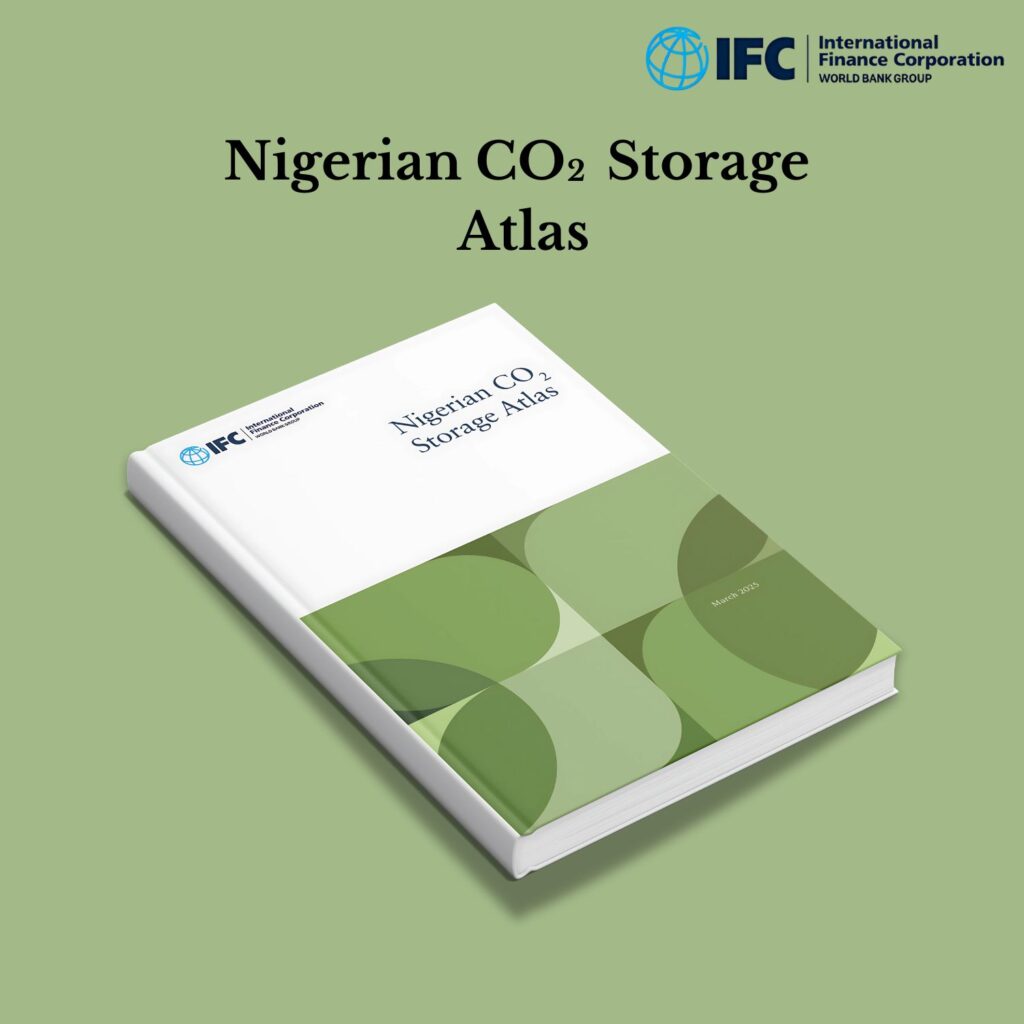
On March 20, 2025, Nigeria marked a groundbreaking moment in its environmental policy with the launch of the Nigerian CO₂ Storage Atlas—a comprehensive resource that documents the nation’s extensive geological CO₂ storage capacity. This Atlas is the first of its kind to be made publicly available, offering critical data for developers interested in building CO₂ transport networks and storage facilities. The project is the culmination of collaborative efforts by the International Finance Corporation (IFC), the World Bank, the International Energy Agency (IEA), and the Federal Government of Nigeria.
This high-level assessment reveals that Nigeria has approximately 10,700 gigatonnes of prospective CO₂ storage resources. For context, Nigeria currently emits around 28 megatonnes of CO₂ annually from industrial sources—a figure expected to increase by 3–5% each year. The Atlas highlights regions such as Lagos, Port Harcourt, and Warri, where the concentration of industrial emissions, favourable geology, and existing oil and gas transport networks make them ideal candidates for developing Carbon Capture, Utilization, and Storage (CCUS) hubs. Depleted gas fields in the Niger Delta are especially promising for long-term storage solutions.
During the launch event, our CEO, Miguel Peters, was in attendance and emphasized a key concept: while the focus was primarily on CO₂ storage, the utilization of captured carbon is an equally critical aspect. Peters noted that converting CO₂ into economically valuable products can attract further industry players into the CCUS Energy sector, drive significant investment, and contribute to economic growth. He stressed that ACBA is committed to fostering innovation and investment in this area, which holds the promise of transforming CO₂ from a by-product of industrial activity into a resource that powers new products and industries – a circular economy.
The Atlas is more than just a technical report; it is a strategic roadmap designed to encourage investment and innovation in the CCUS sector. It invites developers, industry players, and government agencies to collaborate on creating the infrastructure necessary to intercept and store carbon emissions before they enter the atmosphere. In doing so, it lays the foundation for a scalable decarbonization strategy that is essential for both national and global efforts to combat climate change.
The success of this initiative is attributed not only to the hard work of international organizations but also to the significant contributions of private sector companies and Nigerian government agencies. Key contributors include the Federal Ministry of Industry, Trade & Investment, the Nigeria Geological Survey Agency (NGSA), and several regulatory authorities within the Nigerian oil and gas sectors. Financial backing from the World Bank CCS Trust Fund, with additional support from the governments of the United Kingdom and Norway, has been instrumental in bringing the Atlas to fruition.
As Nigeria moves forward with this ambitious project, the CO₂ Storage Atlas will serve as an indispensable tool for shaping future environmental policies and driving sustainable industrial practices. It demonstrates that with collective effort and smart technology, even emerging markets can lead the charge in the global fight against climate change and a circular economy transition.
This pivotal development not only redefines Nigeria’s approach to environmental management but also sets an inspiring example for other countries looking to embrace sustainable solutions on a large scale.
—
Download the Report: Nigeria CO₂ Storage Atlas

